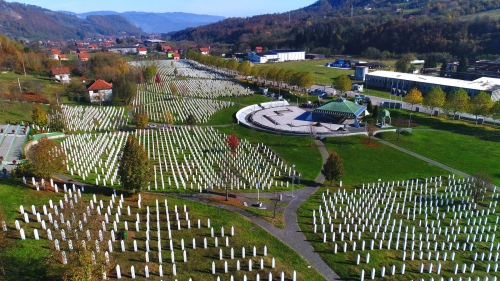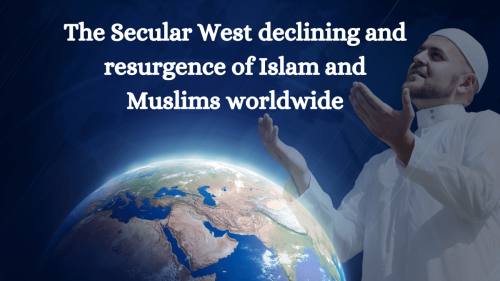Congo's Civil War: The People Search for their "Real Enemy"
It seems as if Africa's most tangled conflict is once again on the verge of erupting. The Democratic Republic of the Congo's (DRC) civil war is evidently back. Kinshasa, the Congolese capital is said to be preparing for an expected rebel attack and the United Nations Assistant Secretary-General is warning of a new Tutsi genocide in eastern Congo.
When the DRC, Africa's third largest county, signed a cease-fire agreement on July 10 in Lusaka, Zambia, optimism surfaced that the civil-war which burst in August 1998 might be coming to a final close. The source of the optimism was the fact that all involved parties endorsed the widely welcomed agreement. DRC backers as well as the rebels' supporters also attended the ceremony, signing and unconditionally accepting the treaty's provisions. DRC allies include Zimbabwe, Angola and Namibia, while Rwanda and Uganda back the rebels.
However, unlike how some experts viewed the consensus of all parties as a firm and final end to the war, the involvement of many sides have proven a shaky foundation for a lasting peace. What worsens matters is the fact that the United Nations failed to play a substantial role in monitoring the cease-fire, as the agreement demanded. The agreement calls for deployment of UN peacekeepers, the withdrawal of foreign troops from the DRC, and a national dialogue to set a timetable for democratic elections. UN officers surveying the security conditions have concluded that the security arrangement is not yet ready for peacekeepers to be deployed.
The United Nations' justification is certainly a bewildering one, as the sole mission of the peacekeepers is bringing security to the warring nation. It is unfair therefore, for the UN to demand full security, especially in a country that staged a conflict in which six countries, and scores of militias took part.
The Congo conflict is taking another turn, for the worse that is, due to the fact that Tutsi-Hutu strife is once more blazing. In eastern Congo, reports spoke of fighting between Mai-Mai militiamen -- who are a Congolese government ally -- and Rwandan Army troops. The Mai-Mai rebels (mainly Hutu) were joined in the province of Uvira by other Hutu rebels from Burundi, in order to expel the Tutsi from that region. On Tuesday, December 21, Hedi Annabi, UN Assistant Secretary-General, urged the Security Council to take precise action, so as to ensure that the Rwanda Tutsi-Hutu catastrophe would not be repeated. The United Nations was itself under heavy criticism after an investigation into the UN's role in the Rwandan genocide concluded that much of the blame rests on the United Nations and its member states.
The Congolese government is mentally preparing the 6 million capital residents for a new battle to be fought in Kinshasa itself. Although the cease-fire violation is reported hundreds of miles away, a 10 p.m. curfew is already in effect, and tens of thousands of volunteers are being expediently recruited into the army. Although the logical explanation for such steps is the Congolese government's firm belief that the rebels are closing in on the city, another explanation might indeed justify that untimely fear. Since the overthrow of late dictator Mobutu Sese Seko, and Congo's citizens have been awaiting the anticipated economic boom, promised by Laurent Kabila. Yet lack of clear economic outlook and evident mismanagement of the county's abundant resources have done nothing to improve the people's impoverished lives. Though the harmful affects of the military conflict can hardly be denied, from Kabila's own speeches it appears that the government blames the never-ending poverty exclusively on the "enemies of the people," the rebels that is. Such a claim could be simply a desperate attempt to hide the government's shortcomings and corruption.
Due to the fact that each party engaged in the dispute has vested interests (either fighting their own rebels sheltered in Congo or fearing that the conflict might spill to their own territories) the Congolese war appears far from over. And while United Nations' members are known not to confront any dispute unless a major genocide is taking place (or already took place), the dispute appears to be a disaster in the making. People of Kinshasa, with no money to buy supplies are left with no choice but to volunteer in the army, for the government guarantees to feed those volunteering to fight the enemies of the people. Yet with a tangled multi-party conflict, one wonders if even the people themselves are aware of their real enemy anymore.
Topics: Conflicts And War, Democratic Republic Of The Congo, United Nations
Views: 1232
Related Suggestions

















